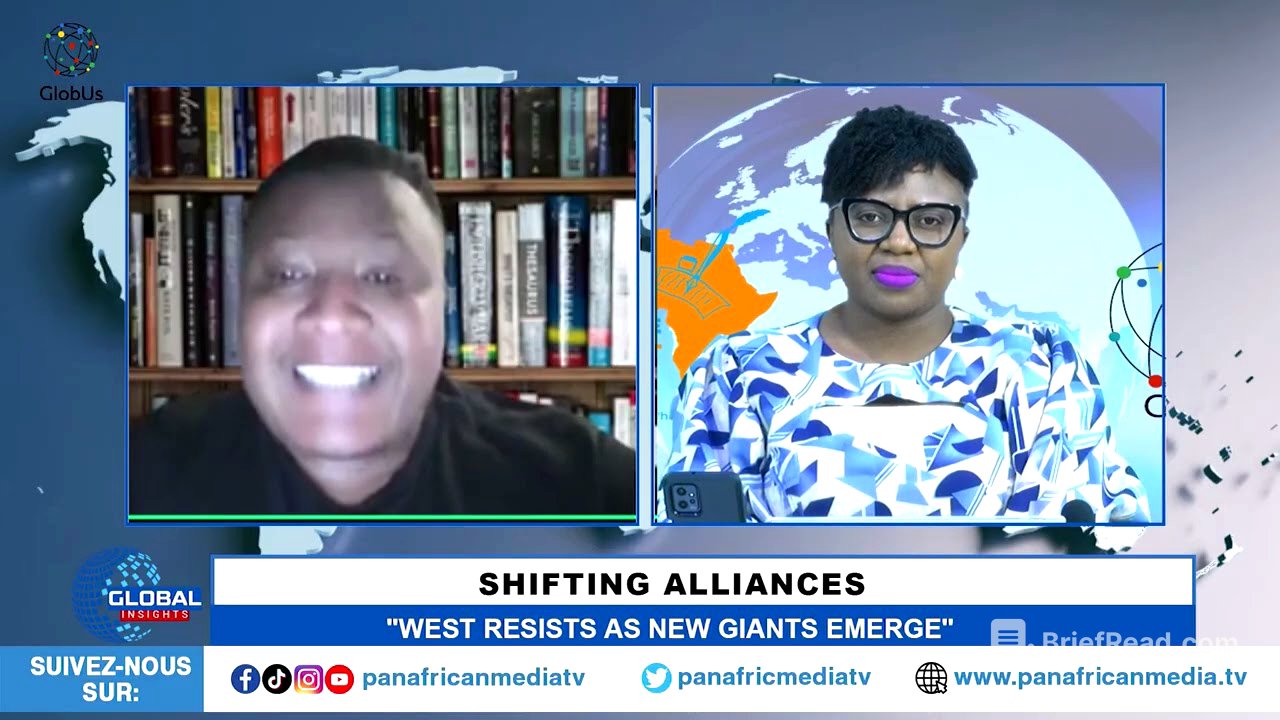TLDR;
The speaker discusses the shift from a Western-dominated world narrative to a multipolar world where countries like China and Russia are asserting their own narratives. The West, particularly the United States, is uncomfortable with this change, as it challenges their long-held control. The speaker uses South Africa's stance on the situation in Palestine and its relationship with BRICS as examples of how countries are now able to question and challenge Western powers, leveraging their strategic geopolitical positions. The key takeaways are:
- The decline of Western narrative control and the rise of a multipolar world.
- The discomfort of Western powers, particularly the United States, with this shift.
- The role of countries like South Africa in challenging Western dominance through alliances with BRICS nations.
The Shift to a Multipolar World [0:00]
The speaker highlights that the West has historically controlled global narratives, ensuring their version of events was universally accepted. However, the world is transitioning to a multipolar system where diverse narratives from different nations are emerging. This shift challenges the West's dominance, as information they deem unimportant is now gaining traction.
Challenging Western Dominance [0:46]
The emergence of powers like China and Russia, who are now controlling their own narratives and pushing back against Western influence, is a key aspect of this change. The United States, in particular, is uneasy with this development. The speaker references the US Vice President's admission that globalisation was initially intended to benefit Western countries while keeping others in subordinate roles. This system is now faltering, leading to the US having less power and control over global narratives.
South Africa's Stand and BRICS Alliance [2:17]
South Africa's criticism of the situation in Palestine at the ICC/ICJ serves as an example of a smaller country questioning a superpower (Israel) and facing backlash from the United States. The country's relationship with Eastern powers, particularly through BRICS, enables it to challenge problematic actions and shift allegiances. South Africa's strategic geopolitical position in Africa makes this shift significant, a scenario the United States could not have foreseen decades ago. The speaker believes that strengthening alliances with countries marginalised by NATO and the West is crucial for Africa to gain more power and influence on the global stage.








